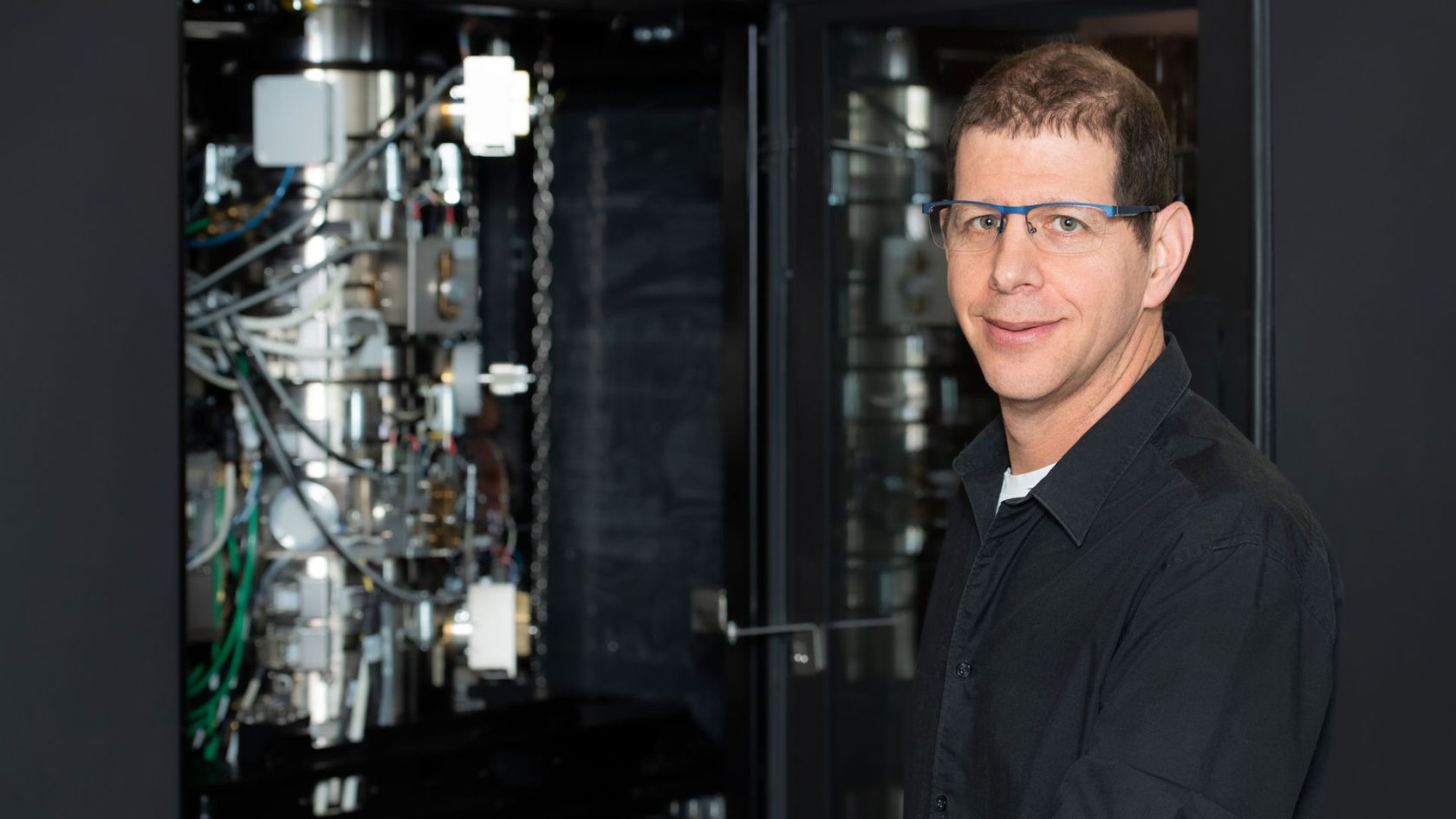Biochemist Ohad Medalia Receives Synergy Grant

The process of mitosis – in which a single cell divides into two identical daughter cells – has been studied for over 140 years. Yet, how chromosomes are organized during interphase, the phase between cell divisions, remains poorly understood. This is what Ohad Medalia, professor of biochemistry at UZH, will investigate together with Job Dekker from the University of Massachusetts and William Earnshaw from the University of Edinburgh.
The researchers have been awarded an ERC Synergy Grant worth €10.3 million, of which €3.3 million will go to UZH. The project is set to begin in the spring of 2026 and run for five years, with a potential one-year extension. “Our goal is to uncover the mechanisms underlying mitotic chromosome formation at high resolution, both in cells and in vitro – a task that requires the coordinated implementation of innovative experimental designs across several disciplines,” Medalia explains.
High-resolution data needed to solve questions
The researchers will develop new “kinetic sectioning” methods to map the intracellular distribution of chromatin, which is a complex of DNA and proteins that forms chromosomes. “We will combine genome-wide chromatin mapping, super-resolution microscopy and cryo-electron tomography with advanced image analysis and modeling,” Medalia adds.
Until now, our understanding of mitosis has been limited by low-resolution technology. The new project aims to change this. “There are several questions that cannot be answered without high-resolution data,” Medalia explains. “For example: Mitotic chromosomes are made of large loops – but how are these loops formed? Which proteins, and how many are localized at the base of the loops?”
The information and technology developed in this project will be applicable to other cellular systems, paving the way for a paradigm shift in structural and cell biology. Ultimately, these findings could advance research on cancer and infertility treatments.
Combining different fields
While Ohad Medalia contributes his expertise in cryo-electron tomography, his collaborators bring complementary strengths. Job Dekker, a professor at the University of Massachusetts and an investigator at the Howard Hughes Medical Institute, is a leading expert in genome-wide analysis of chromosome conformation. William Earnshaw, a professor at the University of Edinburgh, is a cell biologist who specializes in mitotic chromatin and has developed cell lines with exceptionally accurate cell cycle synchrony.
Medalia has previously received an ERC Synergy Grant and appreciates this particular funding instrument: “The Synergy Grant provides an important opportunity to venture into risky new projects and fields of research. As modern science requires multiple technologies and areas of expertise, this kind of interdisciplinary support is invaluable.”